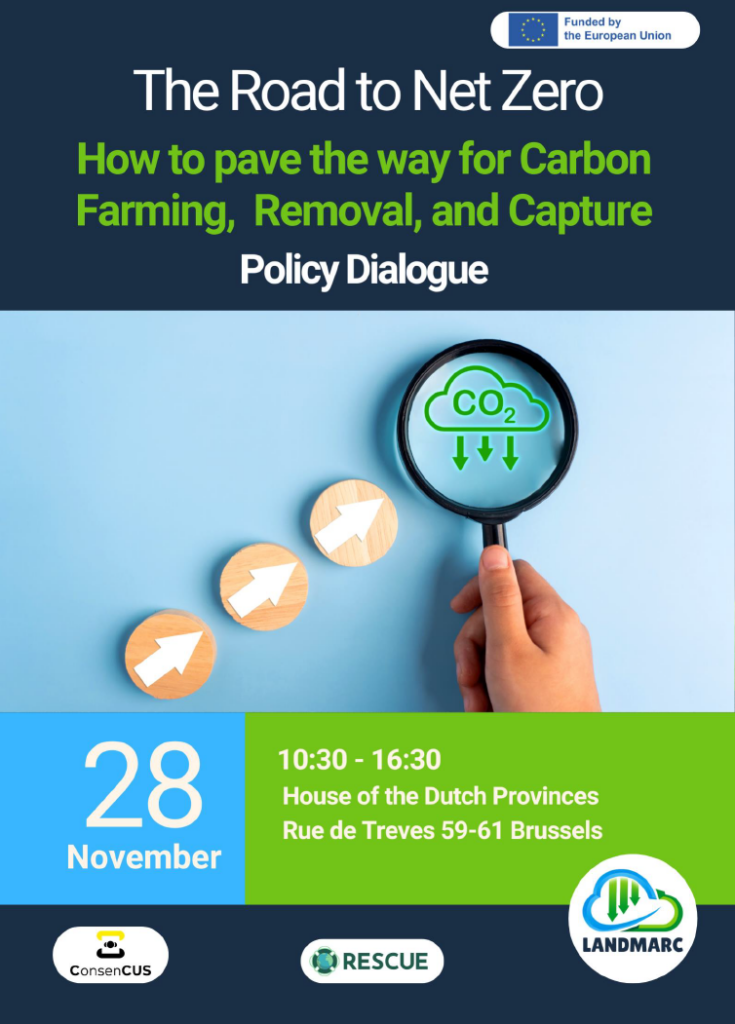EJP SOIL aims to transform agricultural practices by fostering sustainable soil management across Europe. Its primary goals include enhancing soil health to combat climate change impacts like droughts, compaction, and […]
Articles
Coastal cities face escalating threats from climate change, where extreme weather events—from flash floods to heatwaves—disrupt daily life, damage infrastructure, and endanger public health. Addressing this urgency requires real-time, adaptive […]
The ICARIA project aims to improve our ability to manage climate change impacts on essential public infrastructure by developing advanced modelling tools. These tools are designed specifically to help decision-makers […]
Driven by four European pilot cities—Luxembourg, Thessaloniki, Valencia, and Karlsruhe—the CityCLIM project develops advanced climate services for urban areas. These services aim to help citizens and city administrations adapt to […]
This is not just about the content we publish, it’s also about how we create it. Here we share our approach, the guiding questions behind our work, and the insights […]
Advancing Climate Innovation with SummarAIser for Knowledge Management In the face of an accelerating climate crisis, the ability to harness and share research effectively is critical to fostering impactful solutions. […]
LANDMARC’s final policy event is taking place in Brussels on 28 November 2024. The event will focus on the policy implications of Carbon Farming (CF), Carbon Capture and Storage/Utilization (CCS/CCU) and Carbon Dioxide Removal (CDR) technologies.
This article gives an overview of the links between Earth System Models and Integrated Assessment Models (including the role of Simple Climate Models) that shape one of the main frameworks used for producing the data that feed IPCC assessments.
The study focuses on the planning phase of nature-based solutions in cities, in which trade-offs have to be made between different options, such as the design, effectiveness, financial contributions from residents or participatory options. Based on the UPSURGE survey and choice experiment, the aim is to assist public participation processes in various countries, help planning teams define priorities and design governance measures which ensure long-term dedication to development plans.
The UPSURGE project, led by BURST, focuses on urban Nature Based Solutions (NBS) for biodiversity and climate change. BeeOdiversity, a key partner, introduces the BeeOmonitoring tool, utilizing bees to gather environmental data. This innovative approach requires minimal effort from beekeepers and facilitates collaboration via an online dashboard. Past projects in Belgium show promising results in biodiversity and pollution reduction. Dr. Nguyen’s vision emphasizes integrating economic, environmental, and social aspects for sustainable change, aligning with NBS.


